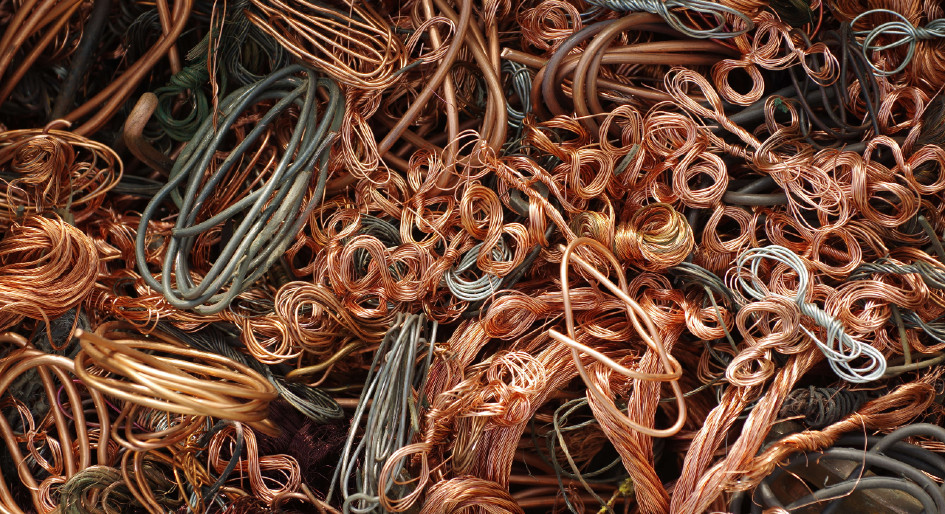Scrap metal transactions will undergo heightened scrutiny in Manitoba if newly introduced legislation is adopted. Bill 9, the proposed Scrap Metal Act, would require sellers to provide personal identification and account for the source of their wares, while purchasers would take on monitoring and record-keeping obligations.
The proposed legislation, which largely replicates a private member’s bill that Manitoba Liberal leader Dougald Lamont introduced in 2020, identifies seven “restricted” categories of items containing aluminum, brass, bronze, copper, iron, lead, steel, stainless steel, tin or other metals or alloys that might be prescribed by regulation. Metallic wire that has had insulation or casing removed and catalytic converters top the list, which also includes: municipal infrastructure such as street and traffic lights, and sewer grates and covers; grave markers and public plaques and monuments; and metal that bears identification of ownership.
Manitoba Justice Minister Cameron Friesen suggests the legislation would pose “barriers” for transgressors attempting to obtain quick cash for stolen goods. Indeed, it would prohibit cash payments for any of the restricted categories of items or sale values greater than an amount to be established in the enabling regulations.
Scrap metal purchasers would be required to record and retain information about suppliers and their offerings. That includes making efforts to determine the origin of items for sale and documenting license plate details of the vehicles used to deliver metal items.
This information would have to be kept on the premises for a minimum of two years and made available if inspectors request it. Purchasers would also be required to immediately contact a law enforcement agency if they have reason to believe materials offered for sale have been stolen.
“Metal theft is an increasing concern in Manitoba that affects public safety and can be extremely costly to individuals and business owners,” Friesen asserts — citing particular concerns in the electricity, construction, telecommunications and industrial sectors.
The proposed legislation includes exemptions for sellers that are incorporated businesses in Manitoba and for dealers, salespeople or recyclers under the provincial Drivers and Vehicles Act. Metal cans used for food, beverages, paint or household products, coins, bullion and jewellery would also be exempt from the proposed requirements.










